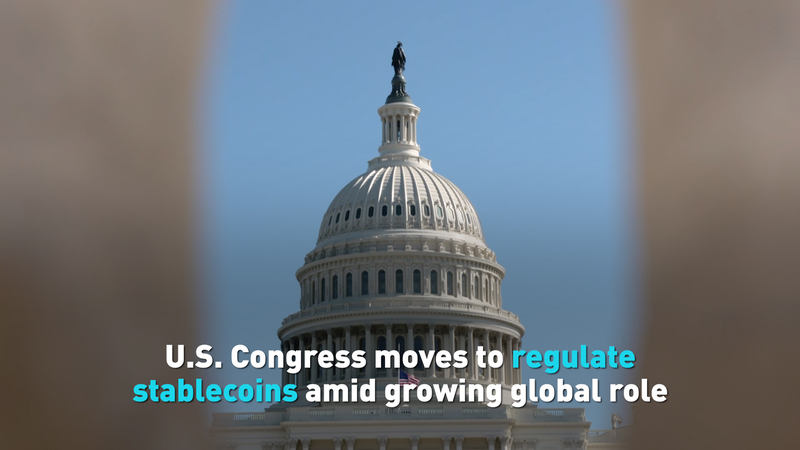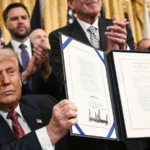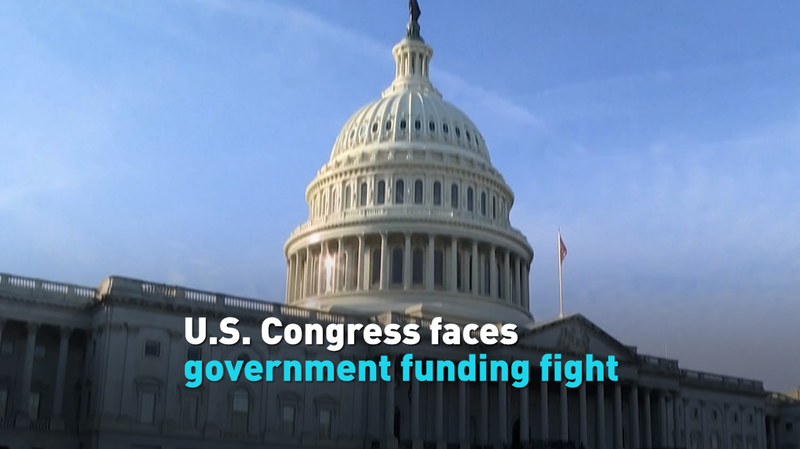As stablecoins gain prominence in cross-border transactions and digital economies, US lawmakers are advancing legislation to establish oversight frameworks for these dollar-pegged cryptocurrencies. The move comes amid growing recognition of stablecoins' role in global finance, particularly across Asian markets where adoption rates continue to climb.
Unlike volatile cryptocurrencies like Bitcoin, stablecoins maintain fixed values through reserves of traditional assets. This stability has fueled their use in remittances, e-commerce, and decentralized finance platforms – especially in Southeast Asia's rapidly digitizing economies.
Financial analysts suggest the proposed regulations could impact Asian markets in three key ways: creating clearer compliance pathways for blockchain startups, potentially stabilizing cross-border trade settlements, and influencing central bank digital currency (CBDC) development strategies across the region.
"This isn't just about US markets anymore," said Singapore-based fintech analyst Raj Patel. "Stablecoins have become critical infrastructure in Asia's digital economy. Regulatory decisions in Washington could ripple through supply chains from Shenzhen to Mumbai."
The legislative push coincides with increased scrutiny from global financial bodies. Recent IMF reports highlight stablecoins' growing share in $720 billion annual remittance flows to Asia, while the Bank for International Settlements has called for coordinated international oversight.
Reference(s):
U.S. Congress moves to regulate stablecoins amid growing global role
cgtn.com








